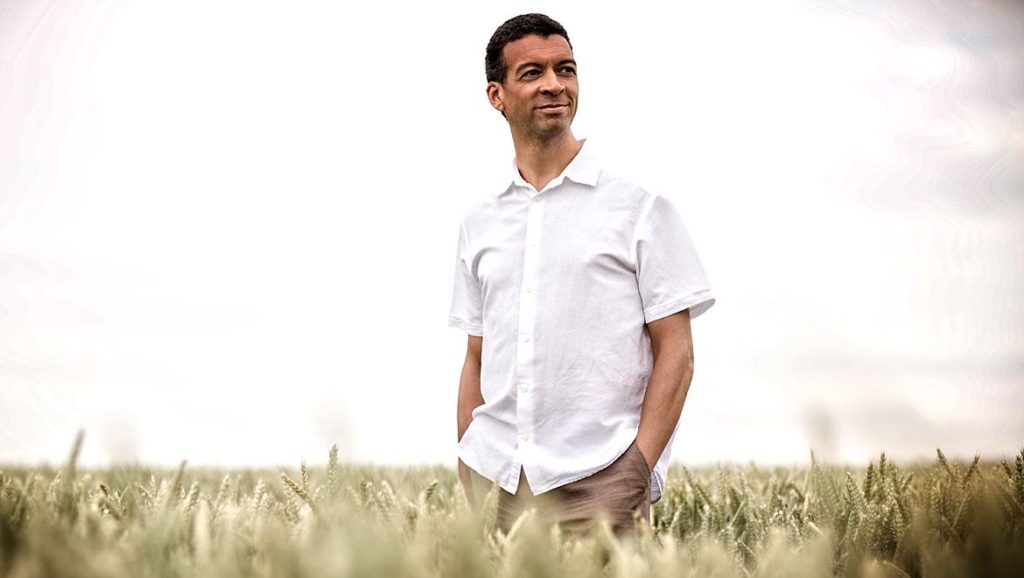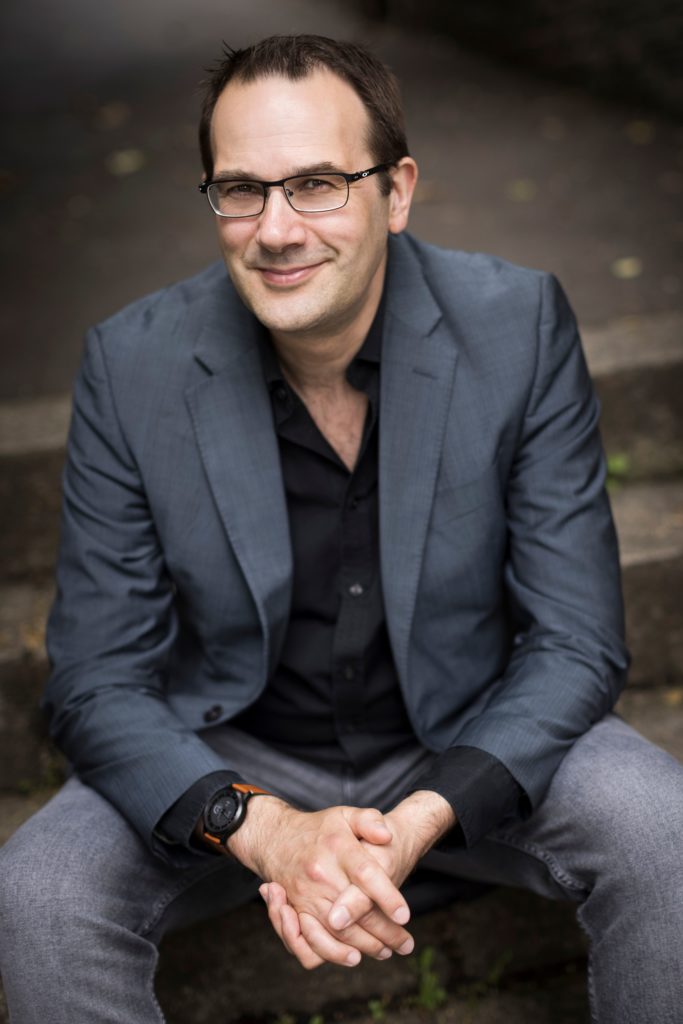
Roderick Williams & Christopher Glynn, Sir Jack Lyons Concert Hall, University of York, January 18
IT used to be said that a successful service in church was one where you came out feeling better about life because the sermon was so good. The feeling is similar when you go to a concert that fulfils every expectation and warms the soul. This was one of those rare occasions.
Christopher Glynn has commissioned new English translations of three of Schumann’s song cycles of 1840 from Jeremy Sams and has given York the honour of hearing their premieres.
Satisfyingly, it was a full house that greeted the first of these, Dichterliebe (A Poet’s Love). That was not all. Three other Schumann lieder prefaced the cycle. A further 16 followed the interval, including a Quilter cycle, all under the umbrella of “Tell Me The Truth About Love”. By any standards it was a feast.
For anyone who knew the Schumann cycle in the original German, the translation initially sounded wrong. No fault of Sams, but the original words kept floating to the surface of one’s memory. Yet in the end there was a gain; there had to be. Roderick Williams is such a perfectionist about diction that he clearly relished using his native tongue. It soon became infectious.
Presumably for copyright reasons, no translation was available. But just to take a single example, ‘Ich Grolle Nicht’. This began ‘I won’t complain, despite my pain’. Williams’s baritone positively dripped with irony, made possible by a translation that captured exactly what Heinrich Heine, the original poet, had in mind. The only disappointment was his decision not to take the optional high note in the penultimate phrase.
Throughout the cycle the flow of the words was hugely satisfying, matching the original syllable for syllable. Just occasionally, Sams failed to find enough syllables and had to resort to melisma (setting a syllable to more than one note). But this was unusual. This translation is a stylish achievement.

It almost goes without saying that Williams was totally inside the music. But he could not have done it without the equally extraordinary perceptions coming from Glynn’s piano, allied to an uncanny sense of timing. The postlude, larded with exquisite rubato, seemed to encapsulate all the feelings that had gone before, a perfect précis.
The second half was more free ranging. Four more lieder included three 19th century ladies, Clara Schumann, Fanny Mendelssohn and most notably Josephine Lang, whose harmonically gorgeous Abschied (Farewell) made a strong impact. All three deserve much more recital exposure.
Before them we heard Quilter’s Seven Elizabethan Lyrics and marvelled anew at his modern twist on old harmonies. ‘The Faithless Shepherdess’ was wonderfully crisp, while the setting of Ben Jonson’s ‘By A Fountainside’ was tenderly evocative. Williams is well suited to this cycle, which brings out the full compass of his baritone.
An Anglo-American group completed the evening, including Sophie Hannah’s witty The Pros And Cons and a nicely declamatory I Said To Love, the title song of Finzi’s Thomas Hardy cycle. William Bolcom’s Toothbrush Time was the natty encore. Williams and Glynn make a first-class pairing.
A ‘pre- recital’ featured four singers, all of whom showed promise, although none really made use of their words. They would do well to emulate Williams.
Review by Martin Dreyer
